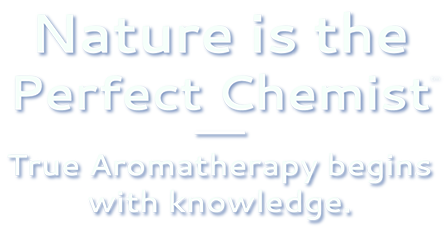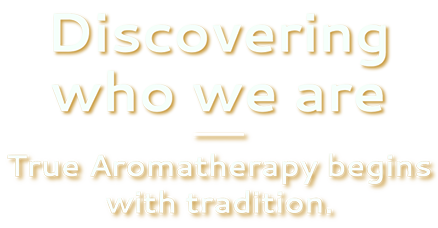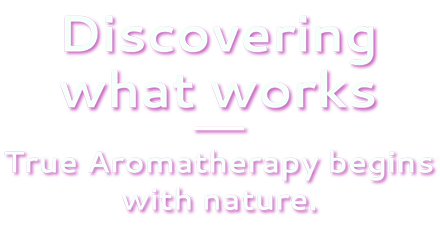
Evidence in tradition. Evidence in fact. Evidence in use.
Research, Evidence. Tradition. True Aromatherapy begins with nature. It begins with tradition and with understanding. It begins with discovering what really works.
Every product we make at Aromatherapy Guild is discovered by research, grounded in tradition, and supported by evidence.
Evidence in its traditional use. Evidence in its clinical demonstration. Evidence its practical use. Evidence in its biochemical makeup. Modern, true aromatherapy seeks knowledge first. It seeks to understand the truth what nature yields, and to use it well.
\












